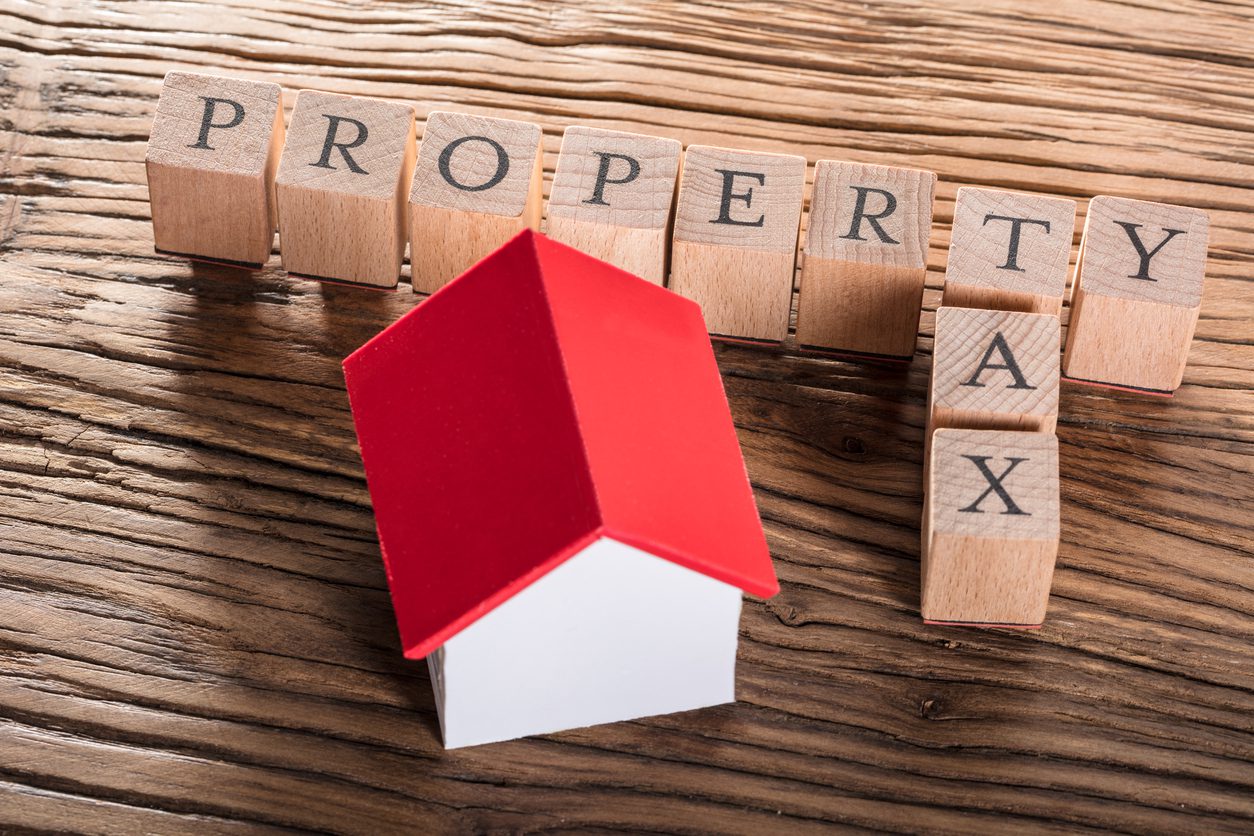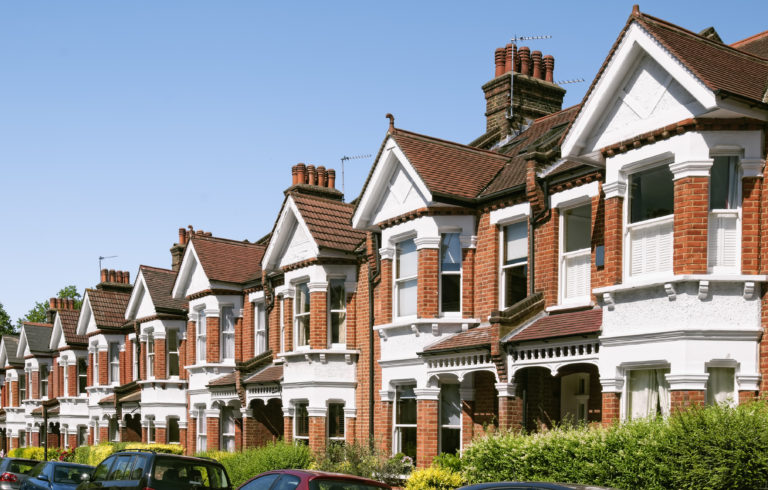Calls to either scrap or drastically overhaul current stamp duty rules have been made by consumer advice centre HomeOwners Alliance in a plea to the government.
In a bid to ease affordability struggles across the UK housing market, HomeOwners Alliance (HOA) has asked the government to “be bold and scrap stamp duty entirely for those buying a home to live in”.
Despite the fact that house prices have risen by around £100,000 in the past eight years, thresholds for the property tax have not changed (aside from temporary adjustments made in light of the Covid pandemic). This means more people are “penalised” by the tax, says HOA.
One in four property buyers (26%) now pays stamp duty, and 30% more first-time buyers are paying it than when first time buyer relief was first introduced five years ago, according to their findings.
HOA’s research also found that almost half of the total stamp duty is paid by the surcharge levied at investors and those buying second homes. The additional properties surcharge now makes up 46% of total receipts.
How the government could reform stamp duty
The HOA makes four key points in its message to the government on reforming the tax.
- Raise the exempt threshold and bands by 100k, in line with house price growth. These bands have not changed in eight years. The average UK house price has risen approximately £100,000 in that eight-year period; from £180,000 in 2014 to just under £280,000 in 2022.
- Similarly, FTB relief has not been reviewed since 2017. The average UK house price has risen by approximately 60,000 or 29% over this period. The first time buyer relief should be raised from £300,000 to £350,000 as a minimum.
- Commit to raising thresholds annually in line with house prices. This will reduce stamp duty costs for those downsizing and those buying an averagely priced home.
- Simplify the stamp duty surcharge. Homebuyers buying a home to live in (ie their primary residence) should not have to pay the surcharge. The current system means that those who have inherited a property, who are going through a separation, or who own a rental property have to pay the surcharge on the main property they intend to live in. The change would align stamp duty with capital gains tax, which does not apply gains on primary residences.
Review is necessary
According to Paula Higgins, chief executive at HOA, current stamp duty rules and thresholds risk first-time buyers becoming “taxation cash cows” as house prices continue to rise over the coming years.
She said: “It’s clear that the stamp duty tax needs to be reviewed to ensure it’s facilitating rather than fettering first time buyers.
“Against a backdrop of soaring house prices, cost of living crisis and increased tax burden, first-time buyers of a home worth £400,000 are being hit with stamp duty bills of £5,000.”
“Alongside announcing new initiatives to increase homeownership, the government needs to increase the existing first-time buyer relief threshold. The relief was introduced in 2017 to reduce the upfront costs for first time buyers. Fast-forward five years and there is a real risk first time buyers become a taxation cash cow, which can’t be right.”
Save money and free up space
The HOA is certainly not the first industry body to have pointed out the shortfalls of the property tax, and called for reform as a boost to the housing market. Last year’s buying frenzy was certainly largely spurred by the temporary stamp duty cut, showing the power it can have.
Last month, there were rumours that the government was in discussions about cutting stamp duty for those moving from large to smaller properties. According to statistics, almost 40% of properties are under-occupied with too many bedrooms for the number of people living there.
By adding an incentive for older people to downsize, by saving money on stamp duty, this could free up space for younger people and families to find homes.
This plan could coincide with providing more developments for retirement living, said housing secretary Chris Pincher. When peers pointed out that older people may be put off moving house due to stamp duty costs, he said the government is “keen to look at all the barriers that exist”.










